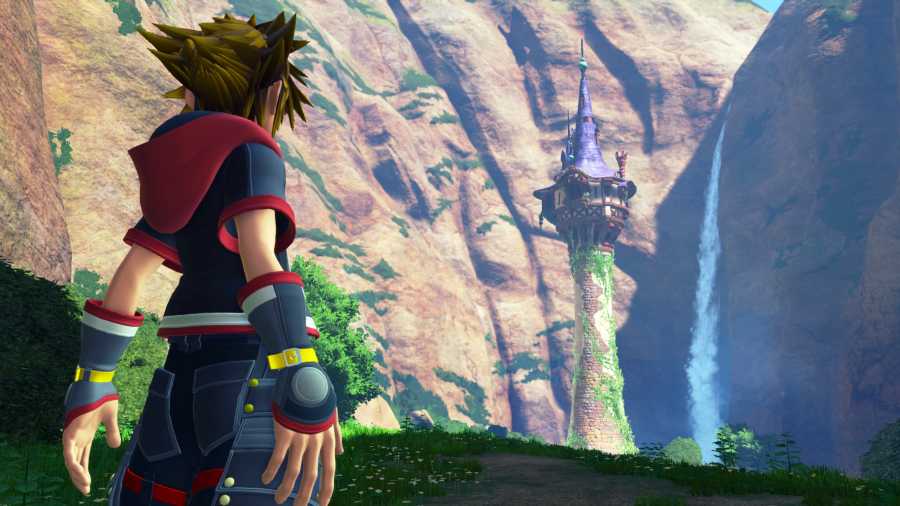For years, Christian Lantz has played S.T.A.L.K.E.R., a first-person shooter video game set in a post-apocalyptic Ukraine that became a cult hit. So when Lantz, an 18-year-old student, heard a sequel was coming this year, he knew he had to buy it.
That was until GSC Game World, the Ukrainian company behind the game, announced that the sequel would incorporate the crypto-based assets known as nonfungible tokens, or NFTs. Players could buy and sell NFTs of items such as clothing for their in-game characters. The company called it a “transformative step” toward the virtual world known as the metaverse.
Lantz was incensed. He joined thousands of fans on Twitter and Reddit who raged against the NFTs. The game maker, they said, was simply looking to squeeze more money out of its players. The backlash was so intense that GSC reversed itself and abandoned its NFT plan.
Cryptomania has been at a fever pitch. Cryptocurrencies such as Bitcoin and Ethereum have soared in value. Crypto-based assets such as NFTs have taken off. Jack Dorsey, a Twitter founder, recently renamed one of his companies Block in honour of the blockchain, the distributed ledger system that powers digital currencies.
Sceptics argue that cryptocurrencies and related assets such as NFTs are digital Ponzi schemes, with prices artificially inflated beyond their true value. Some question whether cryptocurrencies and the blockchain, which are slippery concepts, have any long-term utility.
Nowhere has there been more unhappiness than in the games community, where clashes over crypto have increasingly erupted between users and major game studios.
In recent months, at least a half-dozen game studios have revealed plans to add NFTs to their games or said they were considering doing so. The digital assets, which are verified by blockchain technology, give proof of authenticity and ownership. That provides gamers with unique digital items, game makers said, which can enrich those that sell the NFTs in online marketplaces. Game publishers said NFTs could also potentially be transferred among games in the future, meaning items from one franchise could affect gameplay in another.
But players said they saw it as a blatant cash grab.
Much of their resentment is rooted in the encroachment of micro transactions in video games. Over the years, game makers have found more ways to profit from users by making them pay to upgrade characters or enhance their level of play. Even if people had already paid $60 or more for a game, they were asked to fork over more money for digital items such as clothing or weapons for characters.

NYTNS
That has led to bursts of gamer outrage, which have rattled the game companies. In December, Sega Sammy, the maker of Sonic the Hedgehog, expressed reservations about its NFT and crypto plans after “negative reactions” from users. Ubisoft, which makes titles such as Assassin’s Creed, said it had misjudged how unhappy its customers would be after announcing a NFT programme. A YouTube video about the move was disliked by more than 90 per cent of viewers.
Game companies said their NFT plans were not motivated by profit. Instead, NFTs give fans something fun to collect and a new way for them to make money.
The rush to embrace crypto in games has gathered steam over the past few years. Some developers began building games on the blockchain, making it easy for players to collect digital assets. One such game was CryptoKitties, a 2017 hit where players collected digital cats, some of which sold for over $1,00,000. During the pandemic, blockchain-based games such as Axie Infinity, where players make money by earning and selling NFTs, also became popular.
Bigger game studios are now trying to get in on the action, although some of their crypto plans remain vague.
Matt Kee, 22, a gamer who took to Twitter in anger this month after Square Enix, which produces one of his favourite games, Kingdom Hearts, said “Over the past 10 years, we’ve seen all sorts of these schemes come up, and we’re tired of it.”
NYTNS











